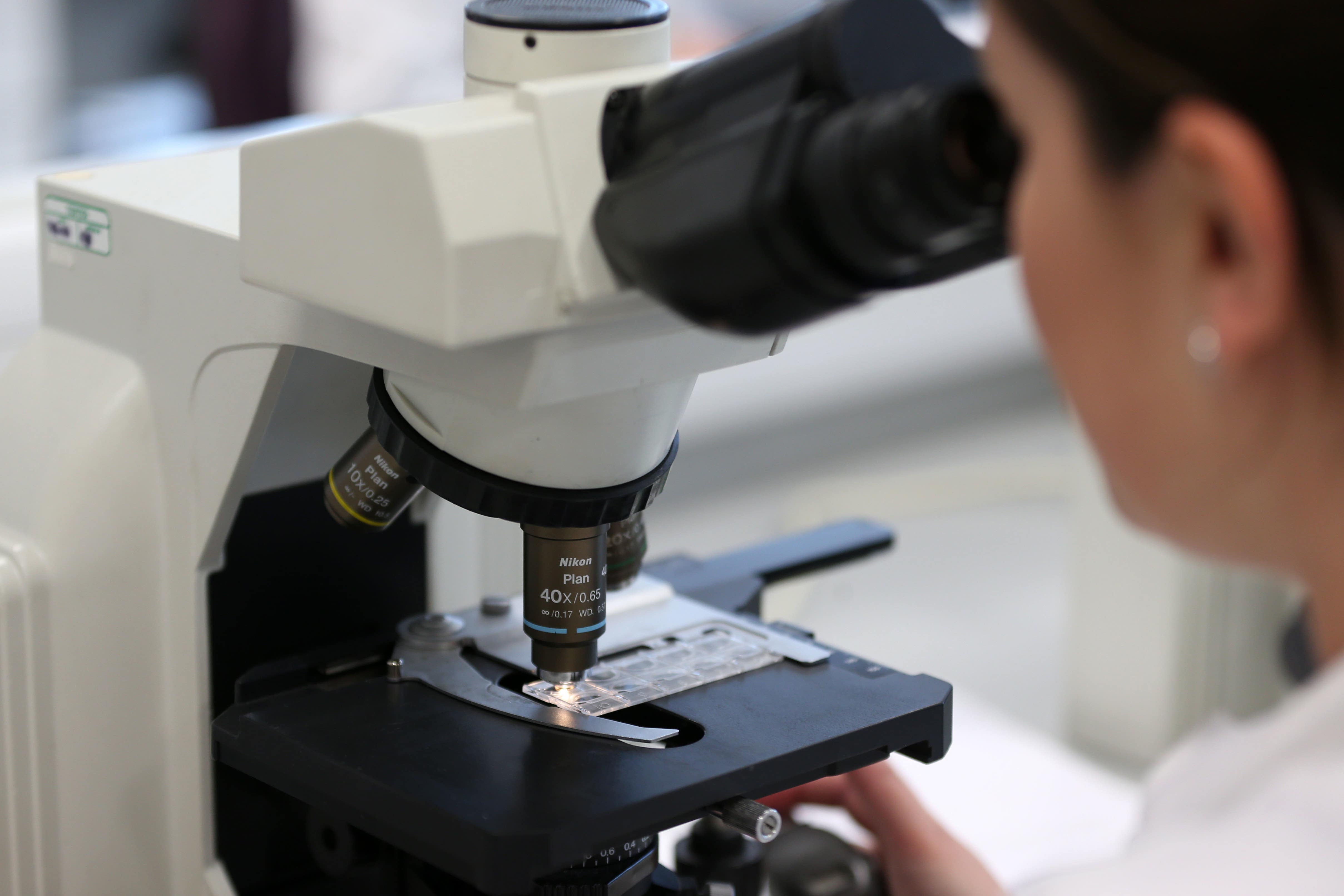Partnership to explore ‘transformational’ personalised cancer treatment
The University of Leicester and Isogenica have joined forced to develop novel immunotherapies.

Cancer patients could benefit from personalised treatment which experts have called “transformational”.
The University of Leicester has entered into a partnership with biotechnology company Isogenica to develop new immunotherapies.
Immunotherapy works by helping a patient’s own immune system to recognise and attack cancer cells, and it can be used on its own or alongside radiotherapy or chemotherapy.
The research team includes Professor Martin Dyer, director of the Ernest and Helen Scott Haematological Research Institute at the University of Leicester, and Dr Harriet Walter, associate professor in medical oncology and a medical adviser for the Centre for Drug Development at Cancer Research UK.
Immunotherapy is probably the most exciting therapeutic advance of the last 10 years or so
The treatments they develop with Isogenica will be tested on a ‘virtual patient’ in a lab, created from samples of a patient’s tumour cells and immune system.
It will be exposed to a range of immunotherapies, sparking a personalised recreation of what happens in the human body.
Prof Dyer said: “Immunotherapy is probably the most exciting therapeutic advance of the last 10 years or so.
“Some of the results using immunotherapy are transformational and we are seeking to extend this approach with Isogenica.
“Our partnership will enable us to determine which patient would benefit from which specific treatment. This individualised approach will make sure the treatment we give has the best chance of working.”
Isogenica’s principal scientist, Dr Lurdes Duarte, added: “Having the opportunity to develop new immunotherapies based on the knowledge of cancer patients’ needs in order to improve the current standard of care is at the heart of Isogenica’s vision.
“This partnership is a major step towards the development of such a treatment platform.”
The project is being funded by Innovate UK.
Bookmark popover
Removed from bookmarks